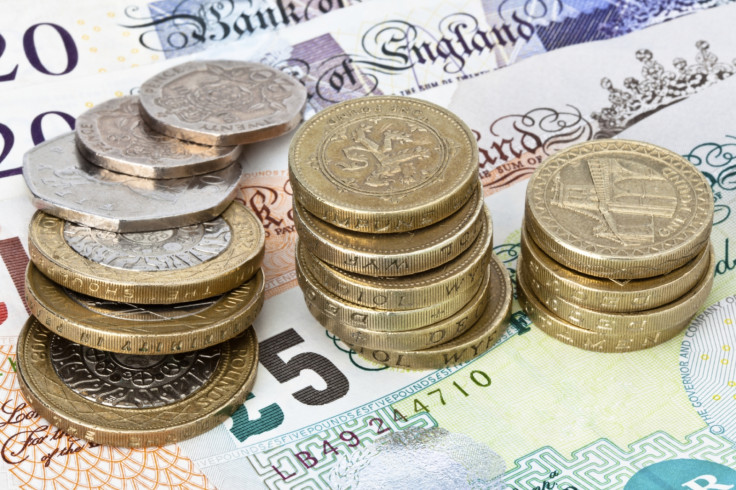UK inflation rate remains unchanged in May, ONS figures reveal

UK consumer price inflation (CPI) was unchanged in May, data released on Tuesday (14 June) by the Office for National Statistics (ONS) showed.
UK CPI rose by 0.3% year-on-year last month, in line with the 0.3% figure recorded in April and compared with analysts' expectations for a 0.4% figure. May's reading was substantially below the 2% rate targeted by the Bank of England (BoE) and further highlighted the struggle facing Threadneedle Street officials to boost price growth.
With the exception of March, when the rate was influenced by the timing of Easter, headline inflation has been 0.3% for all months of 2016.
The ONS said rises in transport costs, restaurant and hotel bills and the price of telecommunication services were the main upward contributors to change in the rate, although the gains were offset by declines in the price of clothing, food and games, toys and hobbies.
On a month-on-month basis, CPI advanced by a mere 0.2% in May, compared with expectations for a 0.3% gain with a 0.1% expansion recorded in the previous month.
Meanwhile, the core CPI, which excludes volatile items such energy prices and food, also remained unchanged, growing 1.2% year-on-year in May, compared with a 1.2% expansion in the previous month and analysts' expectations for a 1.3% gain.
"UK CPI inflation looks set to remain fairly subdued for most of the second half of this year," said
Paul Hollingsworth, UK economist at Capital Economics.
"But inflation should gather more pace next year, regardless of which way the EU referendum vote goes next week."
However, he added that there were risks on the horizon for the UK economy, with the European Union referendum less than 10 days away.
"If the UK votes to leave the EU next week, we expect sterling to fall sharply, which would put significant upward pressure on inflation further ahead," Hollingsworth added.
"On the other hand, if the UK votes to remain, then sterling could recover a bit. But the economy would probably get a post-referendum rebound too. So whatever happens, we expect inflation to regain some momentum over the coming quarters, and should be closer to 1% around the turn of the year."
© Copyright IBTimes 2025. All rights reserved.






















